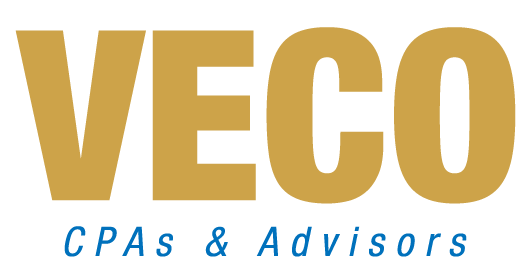Running a small business in Washington DC comes with its own set of challenges and opportunities, especially when it comes to tax season. In this guide, we’ll explore essential tax tips designed to help small business owners in the nation’s capital optimize their tax returns and navigate the complexities of the DC tax landscape.
**Understanding Local Business Taxes:**
Washington DC imposes specific taxes on businesses, and understanding the local tax code is paramount for small business owners. This section will delve into the various business taxes applicable in DC and how they may impact your overall tax liability.
**Navigating Deductions for Small Businesses:**
Small business owners in Washington DC are eligible for a variety of deductions that can help reduce their taxable income. From deductions related to business expenses to those specific to the DC area, this section will outline key deductions that small business owners should be aware of.
**Record Keeping and Documentation:**
Accurate record-keeping is essential for small business owners, especially when it comes to tax season. Learn about the types of records you need to maintain, including receipts, invoices, and other financial documents, to support your tax deductions and credits.
**Local Tax Credits for Small Businesses:**
Washington DC offers certain tax credits designed to support and incentivize small businesses. Explore the available tax credits, such as those for hiring local employees or making energy-efficient improvements to your business property, to potentially lower your tax liability.
**Employee-related Tax Considerations:**
If you have employees, there are specific tax considerations that come into play. This section will cover topics such as payroll taxes, employee benefits, and any DC-specific regulations that may impact your tax obligations as a small business owner with staff.
**Quarterly Tax Payments and Compliance:**
Small business owners in Washington DC are often required to make quarterly estimated tax payments. Understanding the process and staying compliant with these payments is crucial to avoid penalties. Get insights into how to calculate and manage quarterly tax obligations.
**Utilizing Small Business Resources:**
Washington DC offers resources and programs to support small businesses, and some of these initiatives may have tax implications. Discover how to leverage local resources to your advantage and potentially access tax benefits or incentives for your small business.
**Conclusion:**
Navigating tax season as a small business owner in Washington DC requires a proactive and informed approach. By understanding local business taxes, maximizing deductions, maintaining meticulous records, leveraging tax credits, addressing employee-related tax considerations, managing quarterly payments, and utilizing available resources, small business owners can optimize their tax situation and focus on the continued success of their ventures. For personalized advice tailored to your specific business, consulting with a tax professional familiar with DC’s tax landscape is highly recommended.

Recent Comments